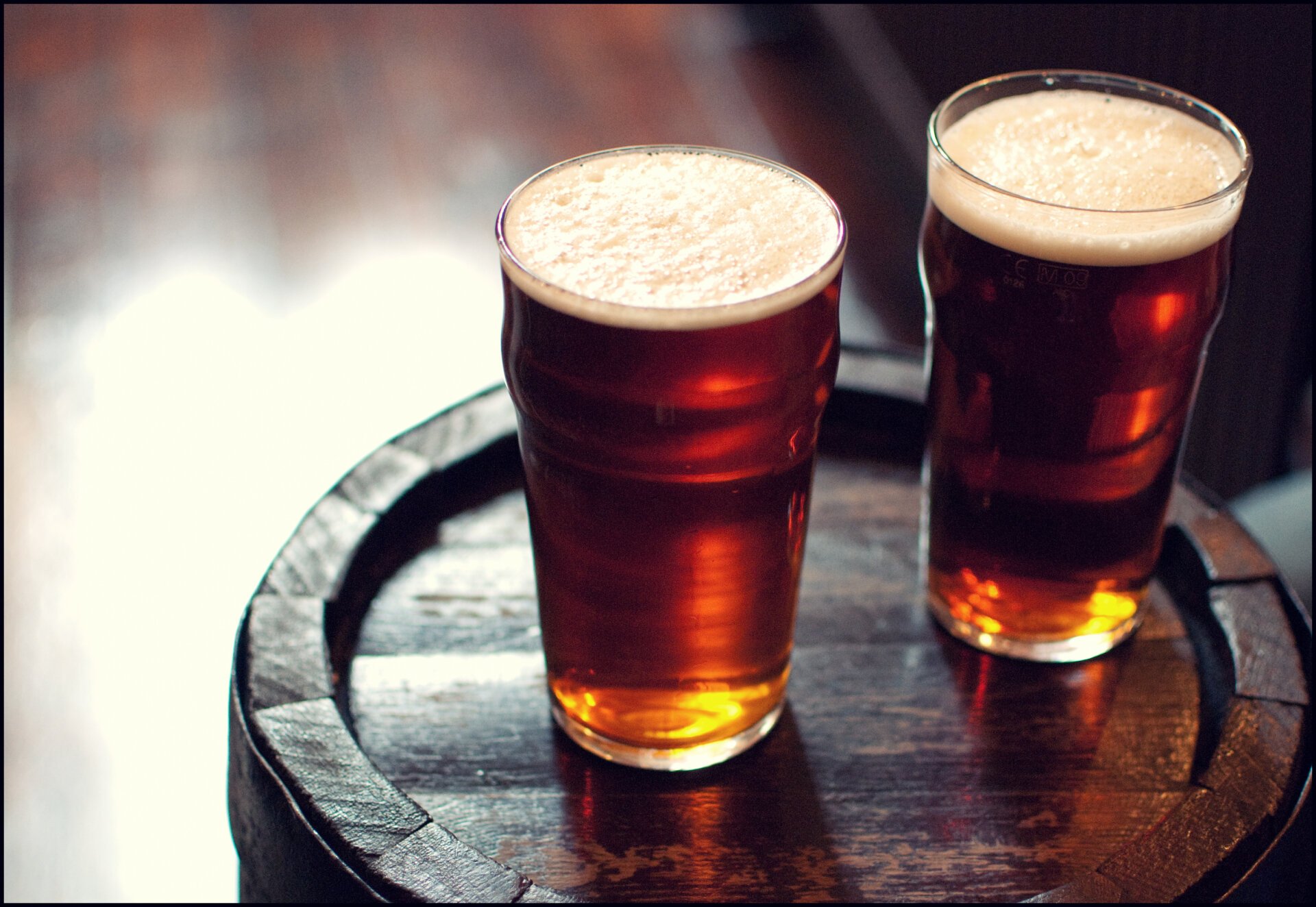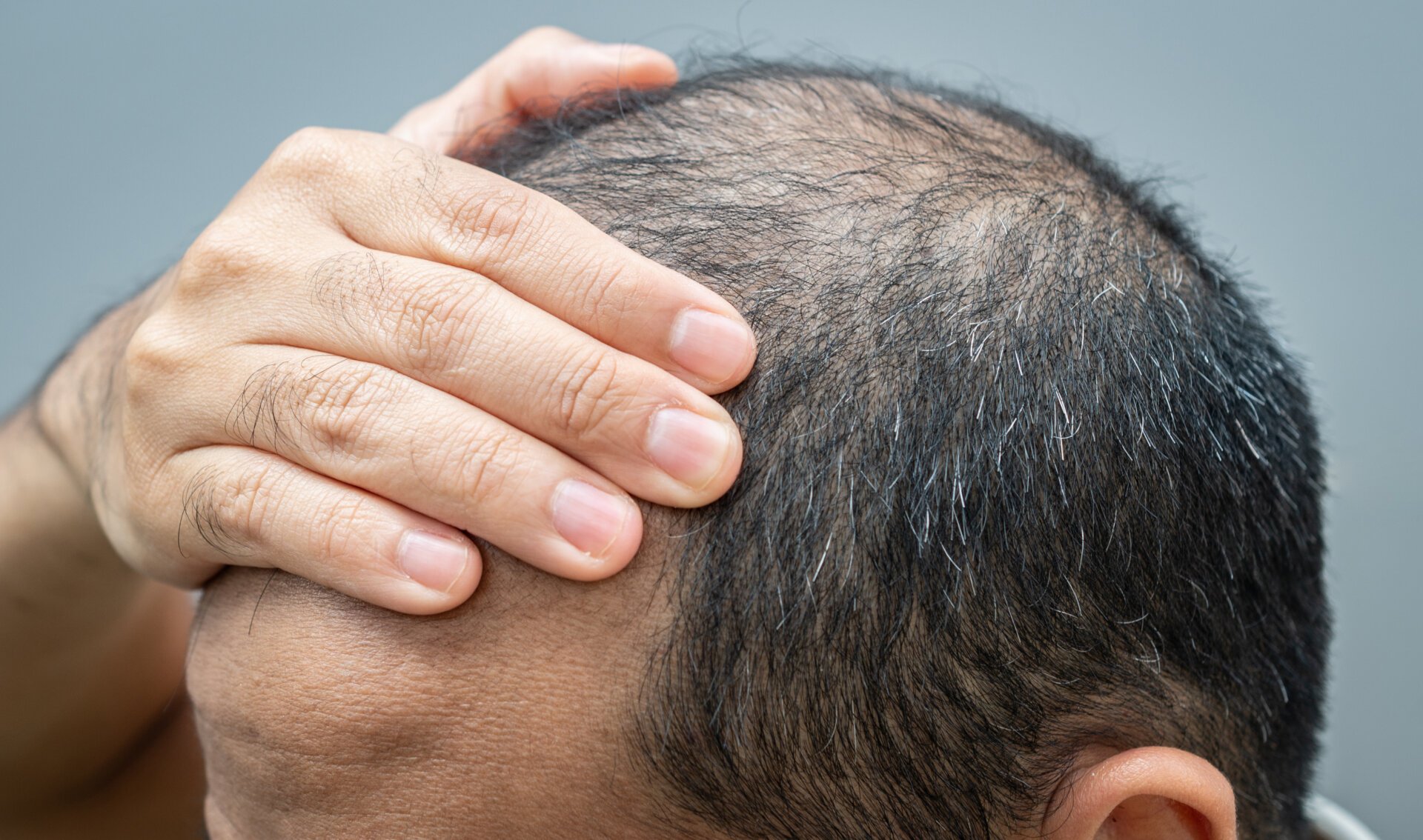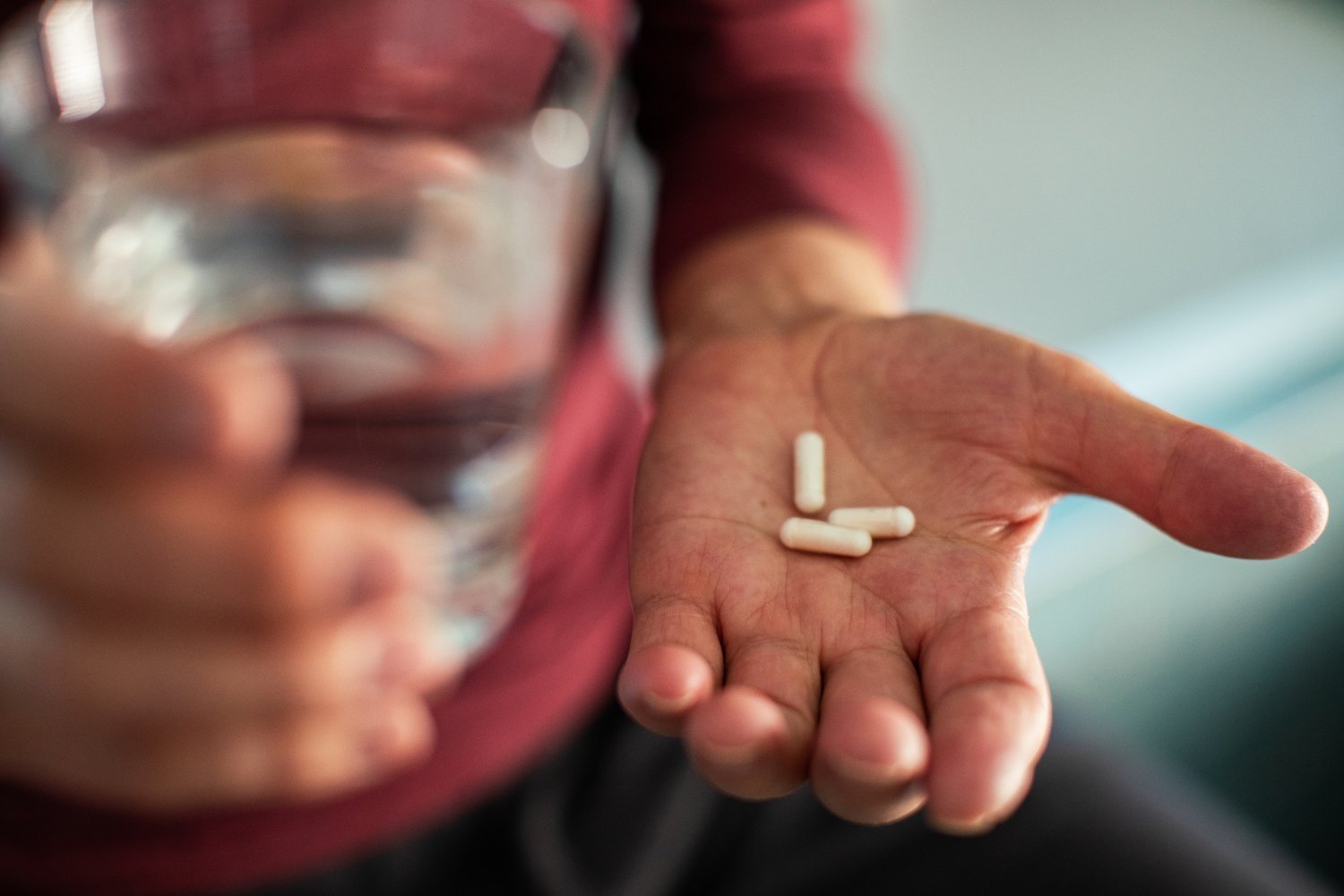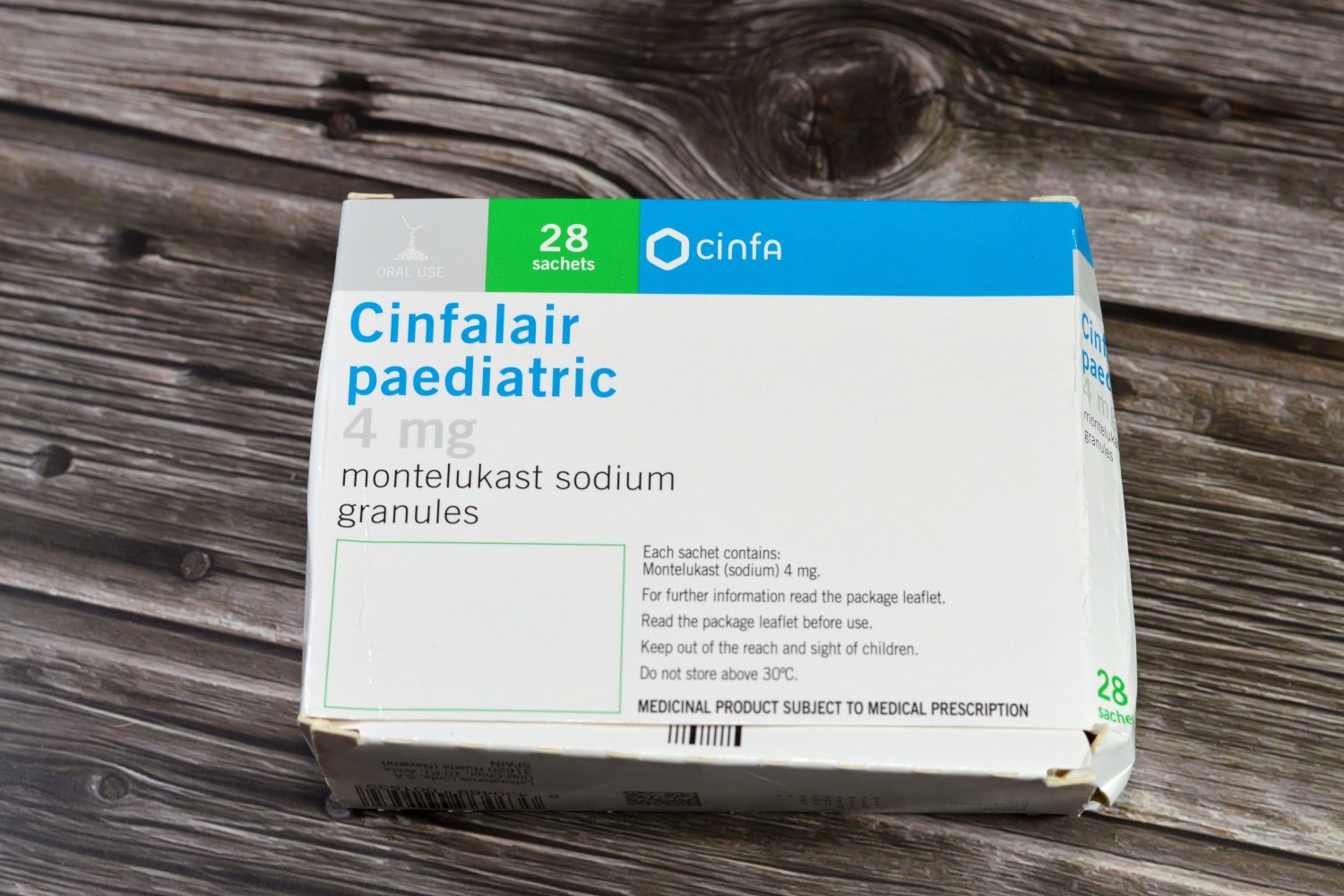New research suggests a surprising additional benefit of weight loss medications like Ozempic and Wegovy: a decrease in alcohol consumption. A recent study found that a significant portion of participants in a weight loss program incorporating these medications reported reduced alcohol intake. This discovery adds to growing evidence that these drugs may hold potential for treating substance use disorders.
Semaglutide, the active ingredient in Ozempic and Wegovy, and other GLP-1 receptor agonists have proven highly effective for weight loss. Beyond their intended use, researchers are investigating their potential to curb cravings for substances like opioids and alcohol. While much of the evidence remains preliminary, stemming from animal studies, anecdotal reports, and small human trials, the findings are encouraging.
Researchers affiliated with WeightWatchers, observing similar trends in their participants, collaborated on a large-scale study to track alcohol consumption before and after starting these medications. This study’s scope, encompassing various anti-obesity medications including metformin, bupropion/naltrexone, and first and second-generation GLP-1s, distinguishes it from previous research focused primarily on individuals with diagnosed substance use disorders.
The study, published in Jama Network Open, examined over 14,000 WeightWatchers participants enrolled in a telemedicine weight loss program. A majority (86%) were taking semaglutide or tirzepatide, the active ingredient in Mounjaro and Zepbound. Approximately half of the participants reported drinking alcohol before the program. Impressively, 45% of those individuals reported reduced alcohol consumption after starting the program.
This reduction was observed across all medication groups, though initially most pronounced in those taking bupropion/naltrexone. After adjusting for weight loss, however, the differences between the treatment groups became statistically insignificant. Encouragingly, those who initially reported moderate or heavy drinking were more likely to experience a decrease in alcohol use.
The mechanisms by which these drugs impact alcohol consumption are likely varied. Naltrexone is known to directly reduce alcohol cravings. GLP-1s, on the other hand, may diminish the rewarding effects of alcohol, mirroring their impact on food cravings. Surprisingly, even metformin users showed a tendency toward reduced drinking, despite past research not indicating such an effect. This observation suggests the weight loss program itself may also play a role, as participants are often encouraged to limit alcohol intake for caloric control and healthier food choices.
Given naltrexone’s existing approval for treating alcohol use disorder, the possibility of GLP-1 drugs serving a similar purpose is intriguing. However, more research is crucial to confirm these findings. Future studies involving randomized trials with control groups not receiving medication within weight loss programs are needed to isolate the medications’ specific effects on alcohol consumption. Further investigation into the underlying mechanisms driving this reduction is also essential. While preliminary, these findings suggest a promising avenue for addressing alcohol use disorder with existing weight loss medications, opening exciting possibilities for future research and treatment options.











